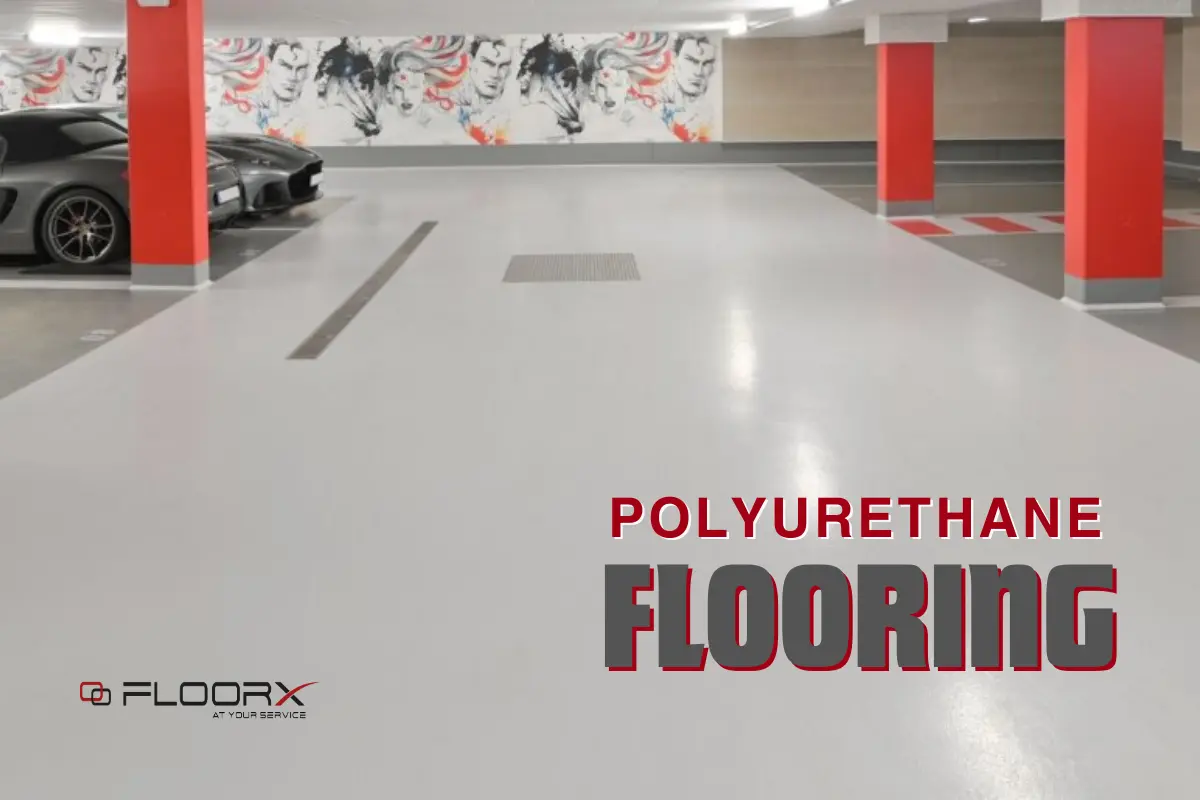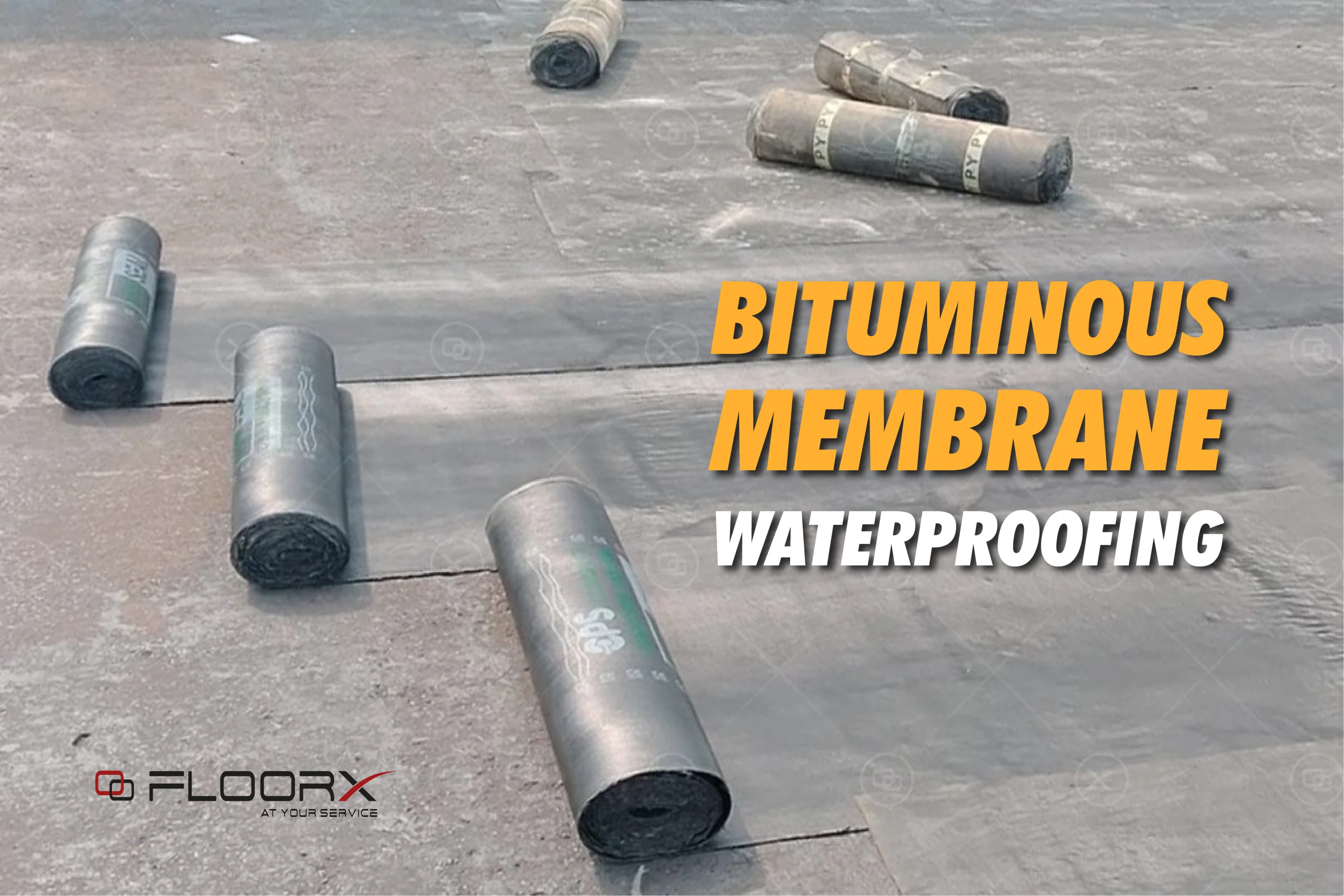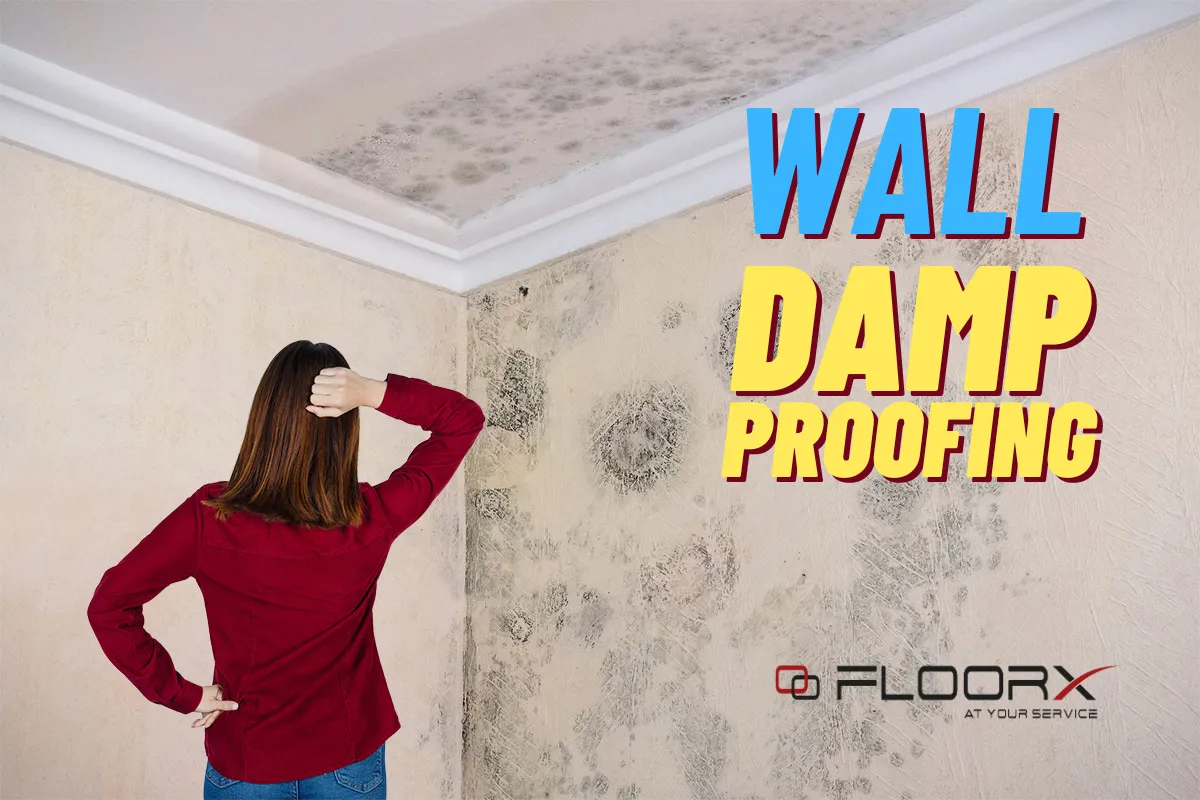When it comes to preserving the durability and longevity of concrete structures, concrete waterproofing is…

PU Flooring Requirements in Industry
PU (Polyurethane) flooring offers several advantages that make it desirable for various applications:
- Durability: PU flooring is highly durable and resistant to abrasion, impact, and heavy foot traffic. This durability makes it suitable for use in commercial and industrial settings where floors are subject to significant wear and tear.
- Chemical Resistance: PU flooring is resistant to a wide range of chemicals, including acids, alkalis, solvents, and oils. This makes it an excellent choice for environments such as laboratories, manufacturing facilities, and food processing plants where spills and exposure to harsh chemicals are common.
- Hygiene: PU flooring is seamless and non-porous, preventing the growth of bacteria, mold, and mildew. It’s easy to clean and sanitize, making it ideal for environments that require high levels of hygiene, such as hospitals, pharmaceutical facilities, and clean rooms.
- Safety: PU flooring can be formulated to provide slip-resistant properties, enhancing safety in environments where slips and falls are a concern, such as commercial kitchens, breweries, and swimming pool areas.
- Aesthetic Appeal: PU flooring is available in a wide range of colors, textures, and finishes, allowing for endless design possibilities. It can be customized to match the aesthetic requirements of any space, from sleek and modern to rustic and traditional.
- Comfort: Some types of PU flooring offer cushioning and shock-absorbing properties, providing comfort underfoot. This makes it a popular choice for areas where workers stand for extended periods, such as retail stores, workshops, and assembly lines.
Overall, PU flooring is valued for its combination of durability, chemical resistance, hygiene, safety, aesthetic appeal, and comfort, making it a versatile solution for a wide range of applications.
This Post Has One Comment
Comments are closed.



Very interesting info! Perfect just what I was looking for!